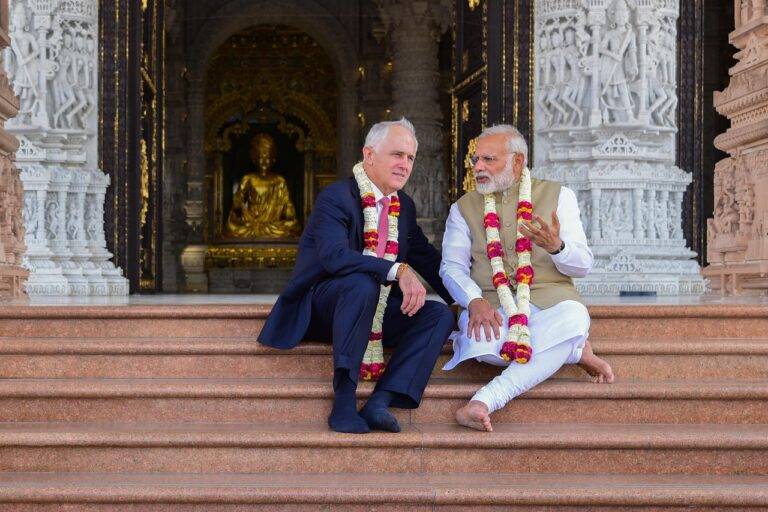Exploring the Rise of Populist Movements in Recent Elections
Populist movements are political movements that claim to represent the common people against the so-called elite or establishment. They often portray themselves as champions of the ordinary citizen, promising to address their grievances and fight for their interests. Populist leaders typically use rhetoric that is divisive, appealing to emotions rather than facts, and often scapegoating specific groups or individuals for societal issues.
These movements can take various forms and ideologies, ranging from left-wing populism that focuses on economic inequality and social justice to right-wing populism that emphasizes national identity and anti-immigration policies. Populist movements can be found in countries around the world and have gained significant traction in recent years, influencing political discourse and shaping policies in various nations.
Factors Contributing to the Rise of Populism
The rise of populism can be attributed to a myriad of factors that have shaped the socio-political landscape in recent years. Economic instability and widening wealth inequality have left many individuals feeling marginalized and disillusioned with traditional political institutions. This sense of alienation has fueled resentment towards the political establishment, leading to the emergence of populist movements that promise to shake up the status quo.
Furthermore, the proliferation of social media and digital platforms has provided a powerful tool for populist leaders to reach and mobilize their followers. The ease of disseminating information online has enabled these leaders to circumvent traditional media channels, allowing them to connect directly with their base and spread their populist messages rapidly. The ability to communicate directly with the masses has enabled populists to capitalize on public discontent and rally support for their anti-establishment agendas.
Impact of Globalization on Populist Movements
Globalization has been a key factor shaping the landscape of populist movements around the world. The increased interconnectedness of economies and societies has led to a sense of vulnerability among certain segments of the population, who feel threatened by the shifts brought about by global trade and technology.
Furthermore, globalization has facilitated the spread of information and ideas at an unprecedented pace. This has allowed populist leaders to harness these networks to amplify their messages and appeal to disaffected individuals who feel marginalized or disenfranchised by the forces of globalization.





